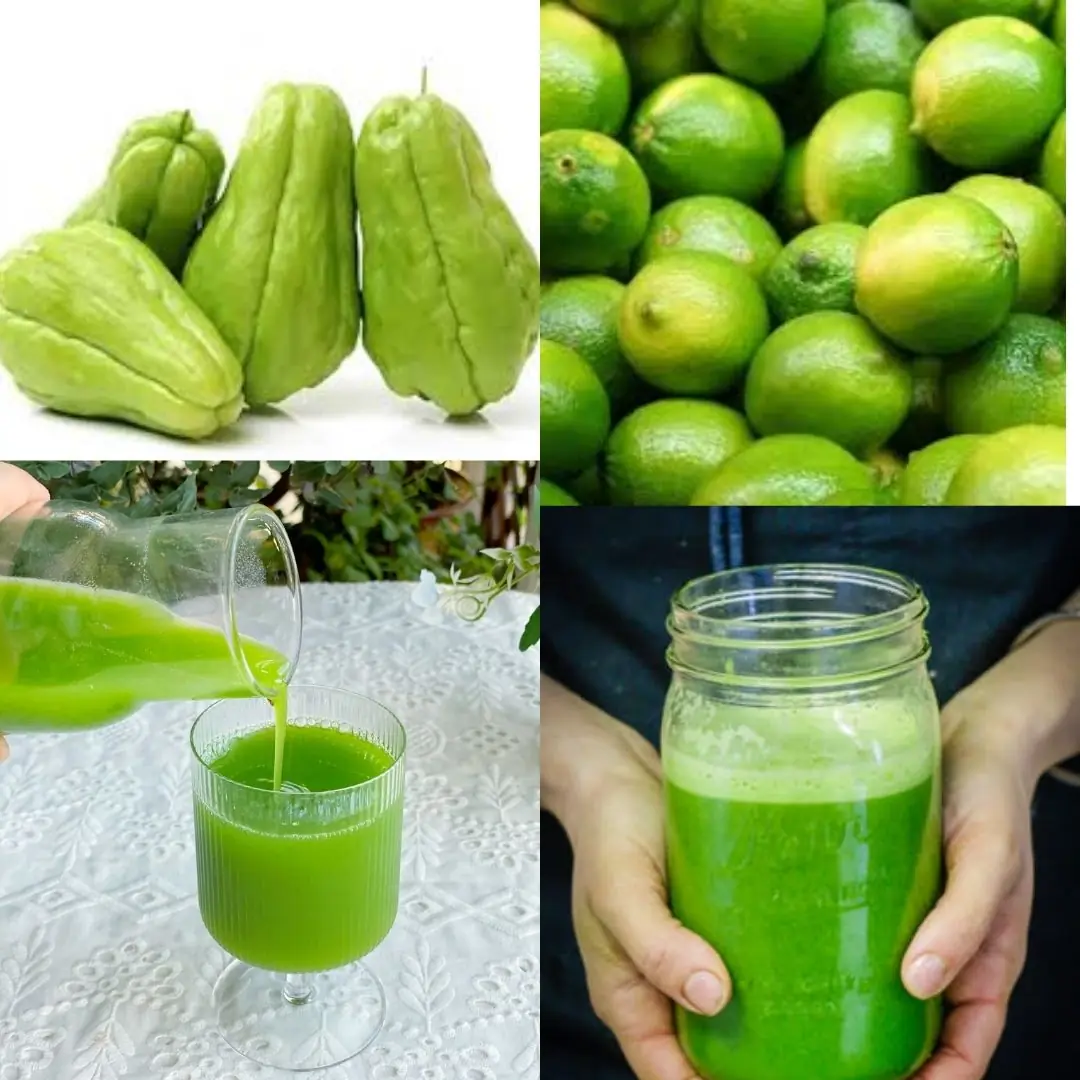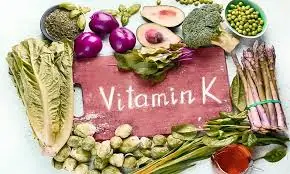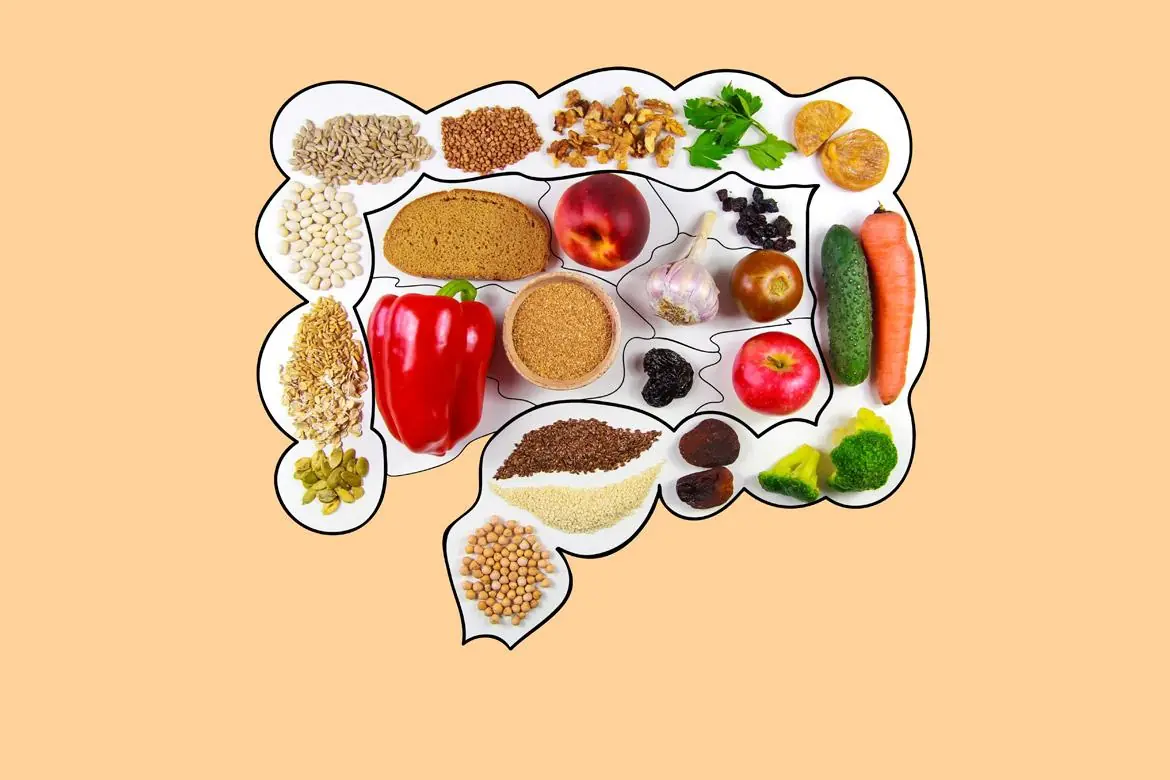
The #1 Anti-Cancer Food You're Not Eating (But Should!)

Foods That Help Fight Inflammation and May Prevent Cancer
Key Takeaways
Chronic Inflammation and Cancer:
Chronic inflammation plays a significant role in the development of many types of cancer. When inflammation becomes long-lasting, it can damage healthy cells and tissues, potentially causing DNA mutations. These mutations may eventually lead to uncontrolled cell growth and cancer. Fortunately, choosing the right foods can help reduce chronic inflammation and lower your risk of cancer.
Top Anti-Inflammatory Foods and Their Health Benefits
1. Leafy Greens
Examples: Kale, spinach, Swiss chard, collard greens.
Why they help: These dark green vegetables are nutritional powerhouses. They contain a wide range of antioxidants like vitamin C, vitamin E, and beta-carotene, which help neutralize harmful free radicals. Their high fiber content supports a healthy gut microbiome, which plays a key role in controlling inflammation and boosting immune function. Regular consumption may also help regulate blood sugar and cholesterol levels, further reducing cancer risk.
2. Spices
Examples: Ginger, turmeric, garlic, cayenne pepper.
Why they help: These spices are rich in bioactive compounds with strong anti-inflammatory properties. For example, turmeric contains curcumin, and ginger contains gingerol—both of which have been shown to reduce inflammation and inhibit the growth of cancer cells in lab studies. Garlic also supports immune function and may help slow the progression of some cancers due to its sulfur-containing compounds.
3. Fruits
Examples: Berries (blueberries, strawberries, raspberries), pomegranate.
Why they help: Berries and pomegranates are loaded with antioxidants, particularly polyphenols and anthocyanins, which protect cells from oxidative stress. These fruits also have anti-inflammatory effects and may lower the risk of chronic diseases, including cancer and cardiovascular conditions. They also help maintain a healthy weight, which is critical in cancer prevention.
4. Seeds and Nuts
Examples: Flaxseeds, chia seeds, walnuts.
Why they help: These seeds are high in omega-3 fatty acids and lignans, which reduce inflammation and support hormonal balance. Walnuts are especially beneficial because they also contain polyphenols that combat oxidative stress. Adding a handful of these to your daily meals can help improve heart health and reduce the chances of cancer development, particularly breast and colon cancer.
Benefits of an Anti-Inflammatory Diet
-
Reduces Chronic Inflammation: Many of these foods contain compounds that naturally calm the body’s inflammatory response.
-
Protects Against Oxidative Stress: Antioxidants help neutralize free radicals, reducing the risk of cellular damage and mutation.
-
Strengthens Immune Function: A strong immune system is essential in fighting off infections and detecting abnormal cell growth early.
-
Supports DNA Repair: Some nutrients actively assist in the repair of damaged DNA, reducing cancer risk and promoting healthy cell regeneration.
-
Improves Gut Health: Fiber-rich, plant-based foods foster a healthy microbiome, which in turn regulates inflammation and supports the immune system.
Highlighted Anti-Inflammatory Foods and Their Unique Benefits
Ginger
How it helps: Ginger contains gingerol, which offers both anti-inflammatory and antioxidant effects. It helps alleviate muscle soreness, joint pain, and digestive discomfort.
Uses: Can be consumed fresh, powdered, or brewed into tea. Also available in capsules and tinctures.
Additional Benefits: Boosts metabolism, relieves nausea, and may suppress cancer cell growth, particularly in gastrointestinal cancers.
Turmeric
How it helps: Curcumin, turmeric’s main active ingredient, is well-known for its ability to suppress inflammation at the molecular level. Studies suggest it can reduce the size of tumors and inhibit cancer cell proliferation.
Uses: Use in cooking, golden milk, or as a supplement (preferably with black pepper to enhance absorption).
Additional Benefits: Supports mental health, relieves joint pain, and improves circulation.
Castor Oil
How it helps: Known for its powerful anti-inflammatory and detoxifying properties, castor oil enhances lymphatic drainage and blood flow, helping the body remove toxins.
Uses: Applied topically to reduce inflammation, support detoxification, or relieve joint and muscle pain.
Additional Benefits: Promotes skin healing, supports immune function, and may reduce inflammation-related discomfort like menstrual pain.
Dietary Guidelines for Reducing Inflammation and Preventing Cancer
Avoid Pro-Inflammatory Foods
Stay away from processed foods, sugary snacks and drinks, refined carbs, and trans fats. These foods can trigger or worsen inflammation and are associated with a higher risk of cancer and other chronic diseases.
Embrace Anti-Inflammatory Eating Habits
Build your meals around whole, unprocessed foods. Prioritize colorful fruits and vegetables, healthy fats like olive oil and avocados, whole grains, lean proteins, and fermented foods for gut health.
Lifestyle Habits That Complement an Anti-Inflammatory Diet
1. Regular Physical Activity
Why it helps: Exercise reduces inflammation by regulating hormones, improving blood flow, and supporting healthy weight management.
Tip: Aim for 30 minutes of moderate-intensity activity at least 5 days a week—walking, cycling, swimming, or yoga are excellent choices.
2. Stress Management
Why it helps: Chronic stress elevates cortisol levels, which contributes to systemic inflammation.
How to manage: Use techniques like mindfulness, meditation, deep breathing, or spending time in nature to relieve mental and emotional stress.
3. Quality Sleep
Why it helps: Poor sleep increases inflammatory markers and weakens the immune system.
Recommendation: Prioritize 7–9 hours of restful sleep per night. Establish a bedtime routine, reduce screen time before bed, and maintain a consistent sleep schedule.
Conclusion
Incorporating anti-inflammatory foods such as leafy greens, fruits, spices, and healthy fats into your daily meals is a proactive step toward preventing chronic diseases, especially cancer. Combined with regular exercise, effective stress management, and sufficient sleep, these dietary changes can significantly improve your overall health.
Avoiding processed and inflammatory foods while focusing on whole, nutrient-rich options empowers your body to stay balanced, resilient, and well-protected against inflammation-driven illnesses. Small daily choices can create long-term benefits—starting with what you put on your plate.
News in the same category


Plantar Warts and Skin Tags Disappear Overnight with this recipe

Whiten Your Teeth and Instantly Freshen Your Breath with the Natural Power of Ginger and Baking Soda

I died for six minutes and saw what happens after death… this is what I experienced

People left mind-blown after just realizing what Durex stands for and it's not what you'd expect

Warning signs of a heart attack?

How Smoking Weed Affects Your Body During a Workout

Thailand: Covid-19 re-emerges with more than 53,000 infections, 16 deaths

12 signs that may signal a brain aneurysm — Don’t ignore them

Paramedic, 23, Left Paralyzed After Neck Crack Ruptures Major Artery

Common household chemical could be linked to more than 350,000 deaths in terrifying new study

A Natural Healing Source: 13 Impressive Benefits of Chayote Juice

Turn White Hair Dark Naturally: How Coffee Can Transform Your Hair at Home

8 Warning Signs of Kidney Failure You Should Never Ignore — Could Lead to Lifelong Dialysis

Vitamin K Precursor Shows Promise in Destroying Prostate Cancer Cells, New Research Finds

Simulation reveals harsh effects of Ozempic on the body

12 Best Natural Foods for Colon Cleansing and Detoxification

China makes bombshell claim about how Covid really originated after CIA said it was from lab leak

5 warning signs of cancer developing in the body
News Post

GRANDPA ASKED FOR ONE LAST FISHING TRIP—SO WE DROVE HIM OUT BEFORE THE HOSPITAL COULD CALL

Discover the Untapped Potential of Chili Pepper Leaves: Nutritional Powerhouse for Your Health and Kitchen

Plantar Warts and Skin Tags Disappear Overnight with this recipe

Whiten Your Teeth and Instantly Freshen Your Breath with the Natural Power of Ginger and Baking Soda

I died for six minutes and saw what happens after death… this is what I experienced

People left mind-blown after just realizing what Durex stands for and it's not what you'd expect

I Paid a Fortune Teller’s Bus Fare – The Note She Slipped Me Uncovered a Terrible Secret

Warning signs of a heart attack?

My Husband Sent Me to Deliver Dinner to His Sick Mom – Then My Lawyer Called Urgently, Yelling ‘Turn Back Immediately!’

MY DAUGHTER HAD HER FIRST CHILD—AND TOLD THE NURSES NOT TO LET ME IN

One of my boys got sick, so I took them both in for tests

How Smoking Weed Affects Your Body During a Workout

Thailand: Covid-19 re-emerges with more than 53,000 infections, 16 deaths

I stopped by McDonald’s for a quick meal and overheard a mom talking to her little girl

12 signs that may signal a brain aneurysm — Don’t ignore them

SHE KEPT SAYING “HE’S COMING BACK”—SO I STAYED

My Boyfriend Proposed Right After Seeing My Luxury Apartment—He Had No Idea It Was a Test

I’M A FARMER’S DAUGHTER—AND SOME PEOPLE THINK THAT MAKES ME LESS
